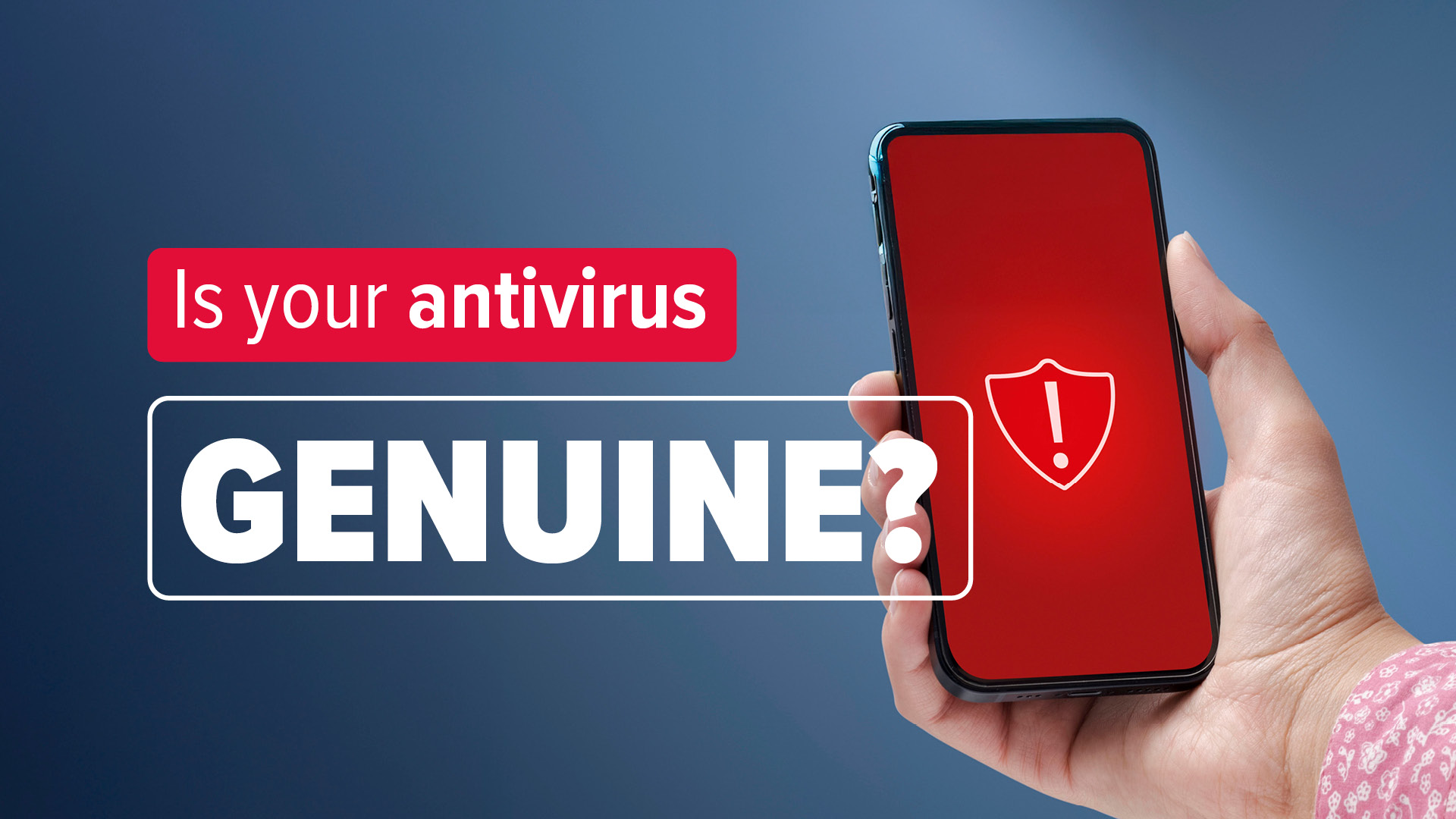Warning: That antivirus website could be a fake
Fake Antivirus Scams: When Protection Becomes a Cybersecurity Threat
When you’re trying to protect your business, what could possibly go wrong by downloading antivirus software?
More than you might think.
If you’re not careful, that “antivirus” might be the threat.
How Cybercriminals Create Fake Antivirus Websites That Look Real
Cybercriminals are getting better and better at creating fake websites that look just like the real thing.
One recent example involved a convincing copy of the website of one of the most trusted names in cybersecurity.
The fake site looked nearly identical to the real one, complete with the download button in all the right places.
But behind that button was a nasty surprise: malware disguised as a helpful tool.
VenomRAT Malware: The Hidden Danger Behind Fake Downloads
Clicking “Download” on the fake site didn’t install antivirus protection.
It triggered a download called StoreInstaller.exe, which installed something called VenomRAT — short for Remote Access Trojan.
This type of malware gives attackers complete control of your computer without you knowing.
It can:
-
Steal passwords
-
Record keystrokes
-
Access webcams
-
Open the door for more malicious software
Why Cybercriminals Target Login Credentials and Cryptocurrency Wallets
In this case, the goal wasn’t only spying. It was stealing.
Researchers say the cybercriminals behind this fake antivirus site were targeting login credentials and cryptocurrency wallet information.
Once they had access, they could sell it to others or use it to steal money directly.
Beyond Antivirus: Other Fake Websites That Trick Businesses
It’s not just antivirus software they’re faking.
These criminals have also impersonated banks and IT service companies to trick people into letting their guard down.
It’s easy to fall for — especially when the fake sites are hosted on platforms like Amazon, making them look even more legitimate at a glance.
The Cost of Falling for a Fake Antivirus or Phishing Scam
If your business falls victim to this kind of scam, the consequences can be severe:
-
Loss of sensitive company data
-
Exposure of customer details
-
Direct financial losses
-
Expensive and stressful cleanup
-
Damage to your reputation
Cybersecurity Best Practices to Avoid Fake Antivirus Attacks
The best defense is to be cautious:
-
Always check website addresses carefully
-
Never click on a link in an email or message unless you’re sure it’s genuine
-
Only download software from a provider’s official website
It’s also worth having a trusted IT partner (like us) who can double-check things if you’re not sure.
Stay Alert: How to Protect Your Business From Online Threats
Cybercriminals don’t just rely on technical tricks — they rely on people being busy, distracted, or trying to do the right thing.
A little extra vigilance now can save you a huge headache later.
If you’re ever in doubt, we’re here to help you stay safe. Get in touch.


